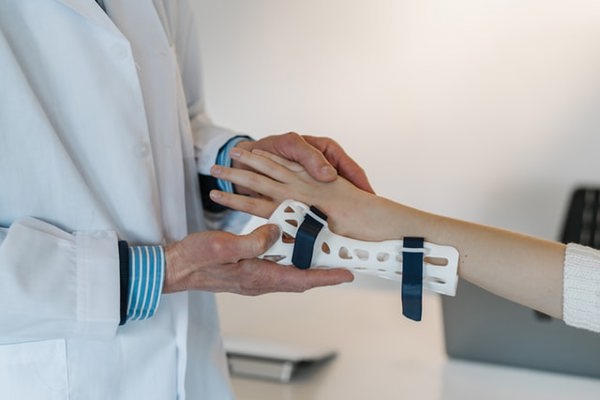If those tools don’t work properly, and cause an injury, your employer may be liable. Sometimes it is difficult to work out whether or not an item provided by an employer would be considered to be "work equipment". The court looked at this question in a recent case.
Mr Coia, who brought the claim, was employed by Portavadie Estates as a chef at their hotel and lodges. During his employment he stayed in one of the lodges normally used for customers. The pursuer was not obliged to live in the lodge, but chose to because it was convenient and cheap.
When Mr Coia moved into the lodge it was made clear to him that he would have to move out if paying customers wished to occupy the lodge. At the beginning of February 2011 he was told he had to move out for this reason. When he was removing some his personal possessions from a wardrobe shelf, a metal wardrobe pole fell and hit him on the foot. He then raised an action for damages in respect of his injuries against Portavadie Estates. The court decided that the wardrobe pole was not work equipment.
Mr Coia appealed to the Court of Session (the highest civil court in Scotland). Unfortunately for him, the judges in the Court of Session also decided that the wardrobe pole was not in the lodge for use at work, so was not work equipment. They did not agree with Mr Coia's argument that it was work equipment for cleaners or housekeepers who were tasked with cleaning the lodge (and by extension work equipment for him as employee).
So how does this case assist with interpreting the definition of work equipment? Ultimately, the facts and circumstances of a case will determine whether equipment is or is not work equipment. The Court of Session referred to the distinction between equipment which is being used at work compared with that being used away from work in the employee's own time for personal reasons. In some cases it may therefore be of assistance to consider the use to which the equipment is being put at the time of any accident. In Mr Coia's case both courts were satisfied that the wardrobe pole was not equipment provided to their employee for use at work.


